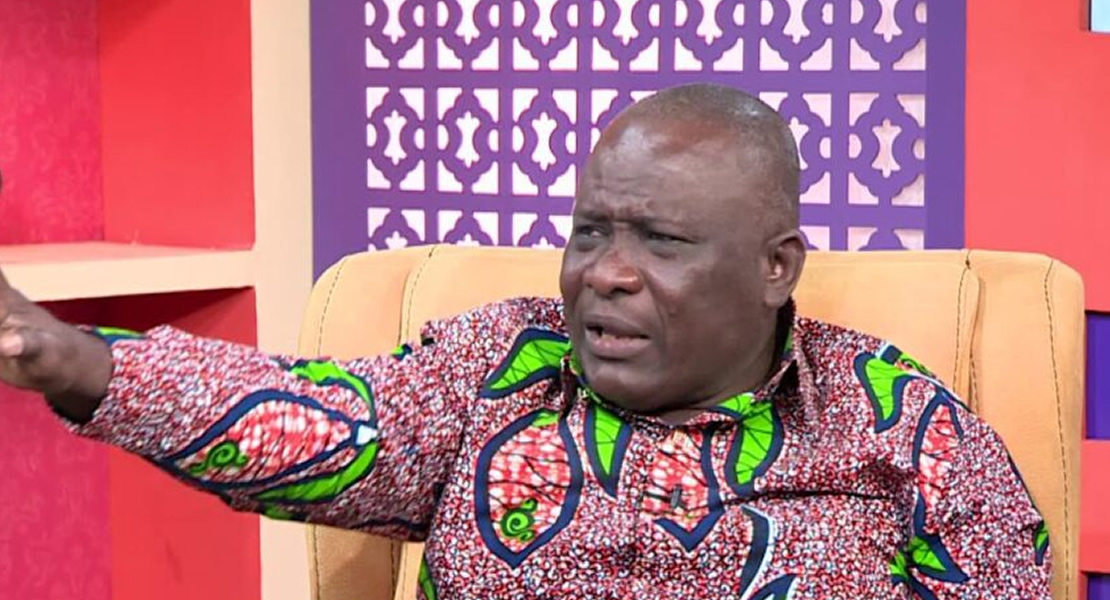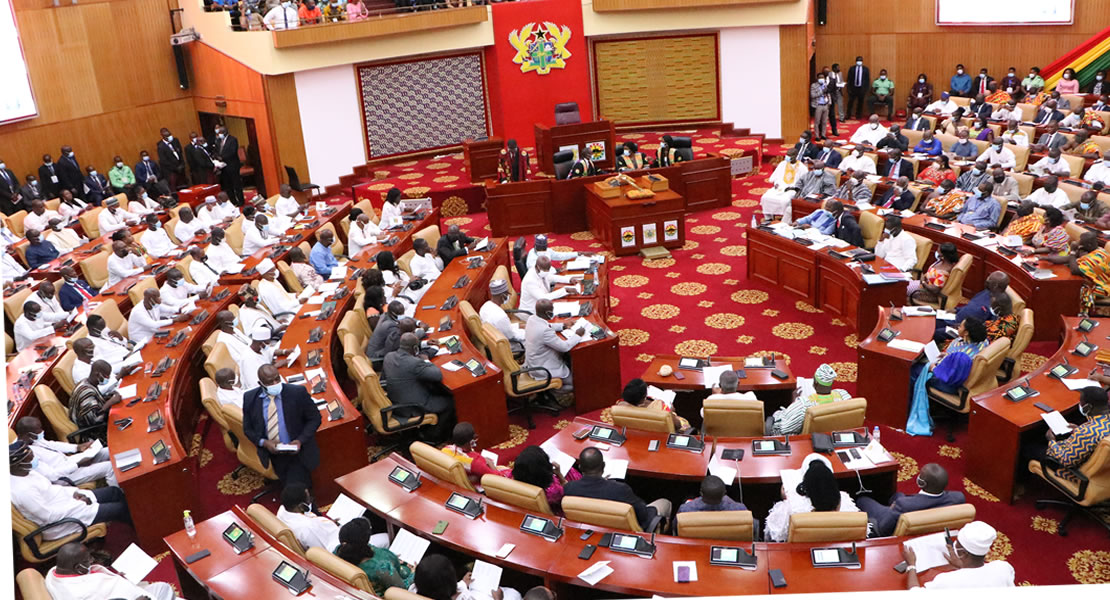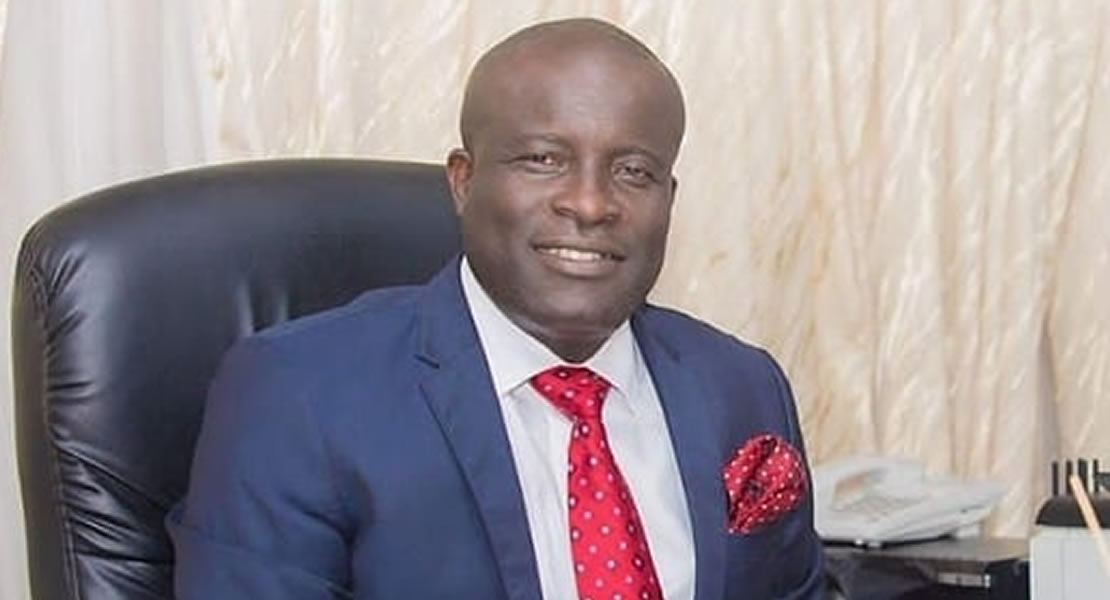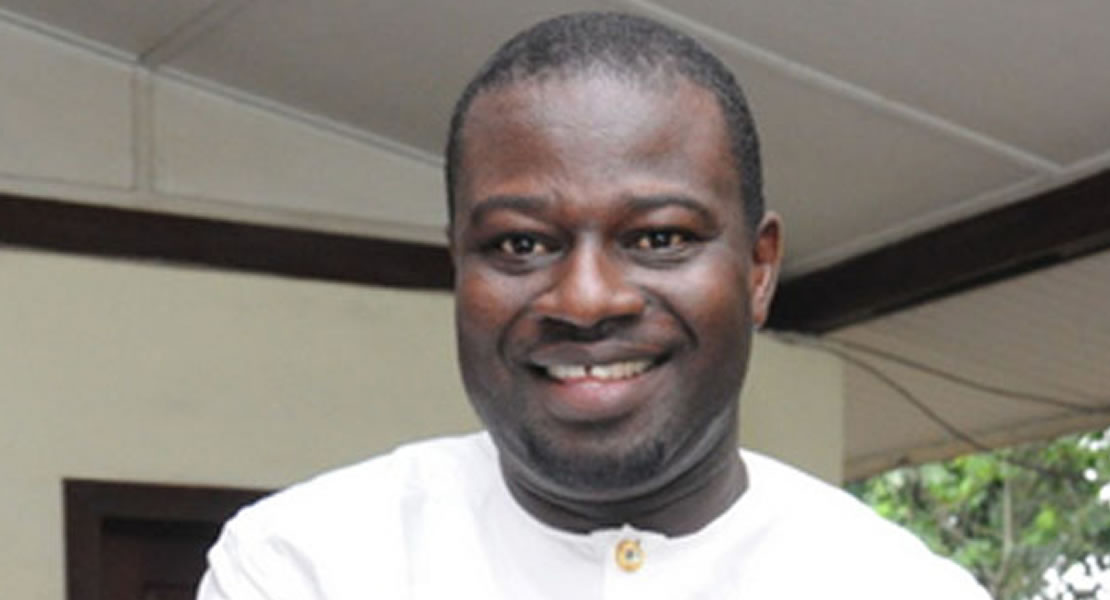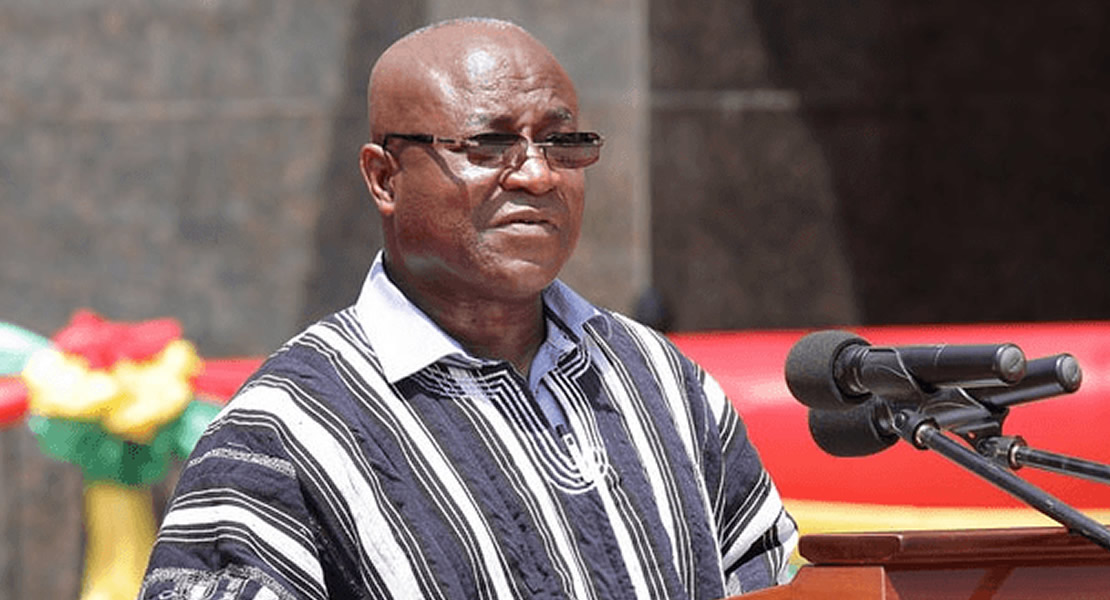Parliament on Friday went into recess after nine weeks of sitting, with the House approving a trade finance facility of 1.2 billion dollars for the purchase of cocoa beans for the 2013/2014 season.
The credit facility is an arrangement between the Ghana Cocoa Board (COCOBOD) and a consortium of several international and local banks to enable COCOBOD raise adequate funds to purchase 830,000 tonnes of cocoa from farmers for the crop season.
The lenders include the bank of Tokyo-Mitsubishi, Credit Agricole Corporation and Investment Bank, First Rand Bank Limited, Nedbank Limited and Societe General.
The syndicated trade-backed facility will cost COCOBOD an amount of 14.08 million dollars.
But the Minority side of the House was livid when the finance ministry presented the paper on the trade facility to the House. The side wondered why the ministry chose to lay such an important financial agreement on the day the legislature was going on recess.
They argued that when such occurrences took place, members did not have enough time to scrutinize such arrangements properly because of the haste and urgency with which those agreements are approved.
The House also approved a request to waive stamp duty on the facility to ensure that the full value of credit is available to COCOBOD for the cocoa purchases.
The recess ends the Second Meeting of the First Session of the Sixth Parliament of the Fourth Republic. The House is expected to reconvene in October, 25, 2013.
During this sitting the House approved several important bills government considered very important to economic improvement and to raise money to augment this year’s budget.
The bills included the controversial Communications Service Tax (Amendment) Bill, the National Fiscal Stabilization Levy Bill, Special Import Levy Bill and the Ghana Investment Promotion Centre Bill.
The House course of the sitting also gave approval for government to access the international capital market to issue a second sovereign bond of up to one billion dollars.
Even though the usual partisan disagreements characterized the second meeting of the sixth parliament, both sides of the House forged consensus to ensure the fluidity of its processes.
Mr Edward Doe Adjaho, the Speaker of Parliament who performed the closing ceremony, commended members for their prompt response to duty and their commitment to discharge their constitutional mandate effectively.
He urged members to use the recess period to reflect on peace and what they can contribute to make nation better.
GNA

